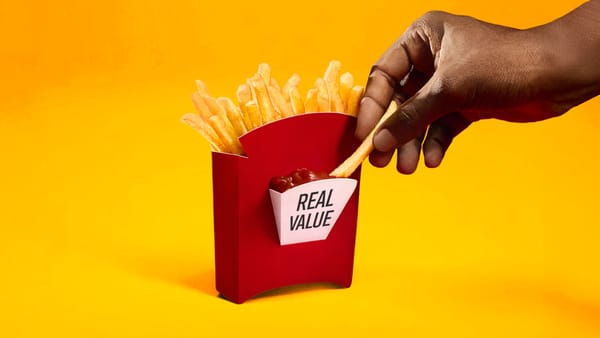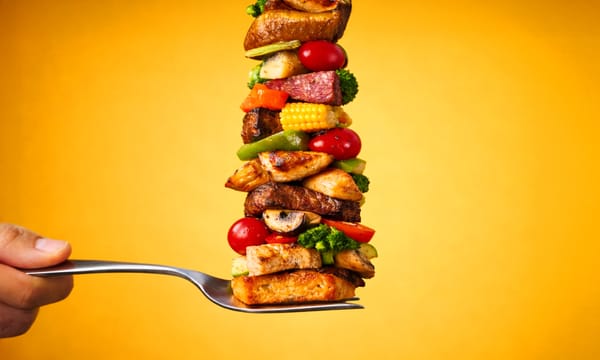UNSTUCK 032: Quarterly Crit With Kraft, Oatly, and Wildtype
A brand that's playing it cool, and two others that are stumbling
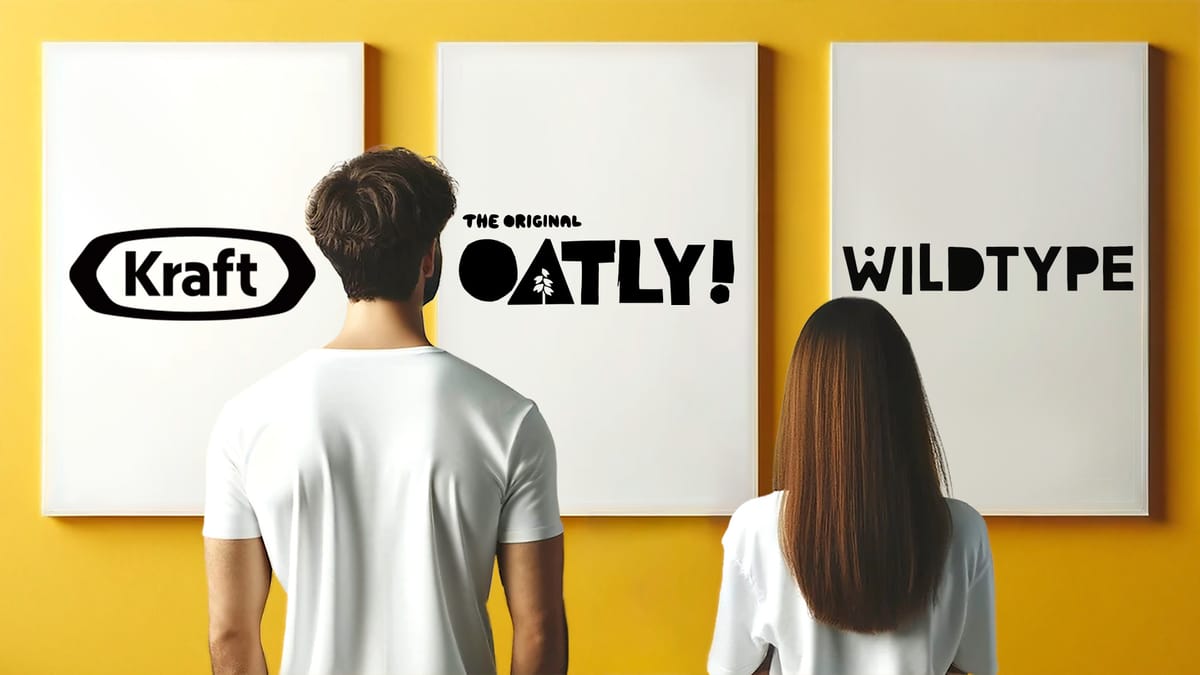
It's time for another UNSTUCK quarterly crit (short for critique), where we review new sustainable food launches with a consumer marketing lens. Here are three launches caught our attention this quarter, and sent our respective thumbs pointing 👍 and 👎.
Kraft x NotCo Mac & Cheese Cups 👎👎
A muddled milestone
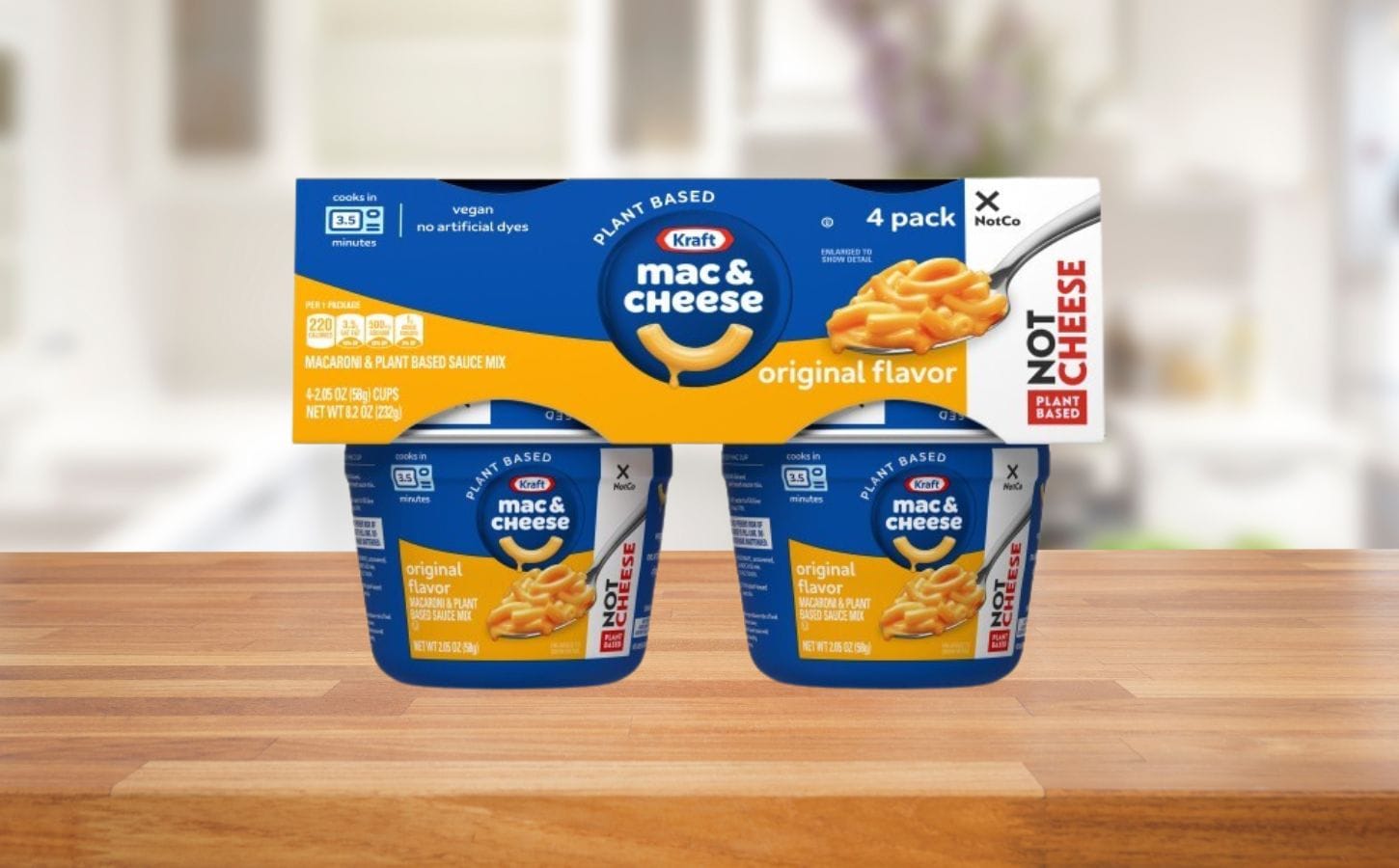
It’s hard to overstate what a coup this is. Kraft Mac & Cheese – the bluest, most American of blue box icons – has gone plant-based. We just wish it could decide what it actually wants to be.
The partnership between Kraft and NotCo is looking to reimagine perhaps the most classic American dairy-forward food of all time. This isn’t a niche vegan play from a boutique startup. It’s Kraft. That little goo-covered yellow tube is practically a cultural artifact, and it’s made without cows. For anyone following sustainability’s slow crawl into the mainstream pantry, this should be a monumental milestone.
And yet, for something so clear in intention – ditch the dairy, keep the comfort – the execution is strangely muddled.
The front of pack still looks like the mac & cheese you grew up with: same blue box, same noodly font, same elbow macaroni halo. Only this time, “Plant-Based” is scrawled meekly above the logo like a guilty afterthought. The real confusion comes on the side panel where “NOT CHEESE” is plastered vertically in screaming red. So which is it? Mac & Cheese, or not cheese?
Then there’s the format choice: single-serve microwaveable cups. Cheap, fast, convenient—and at odds with the values of the likely target consumer. Plant-based buyers, especially those paying premium prices, tend to be label-readers, whole-food seekers, and often anti-processed. If you’ve gone to the trouble of removing dairy, why package the result like instant junk food?
And that’s a shame. Because there’s a much bolder, more coherent story begging to be told here: that one of America’s most iconic processed foods has reinvented itself without sacrificing taste. That the comfort food of the past just got a future-proof upgrade. But you don’t get that clarity from this pack. Instead, you get a strange double negative: mac & cheese ... without cheese … made by NotCo … for people who maybe aren’t quite sure whether they’re vegan?
Oatly SS/25 Lookbook 👍👍
Playing it cool, not carbon-neutral
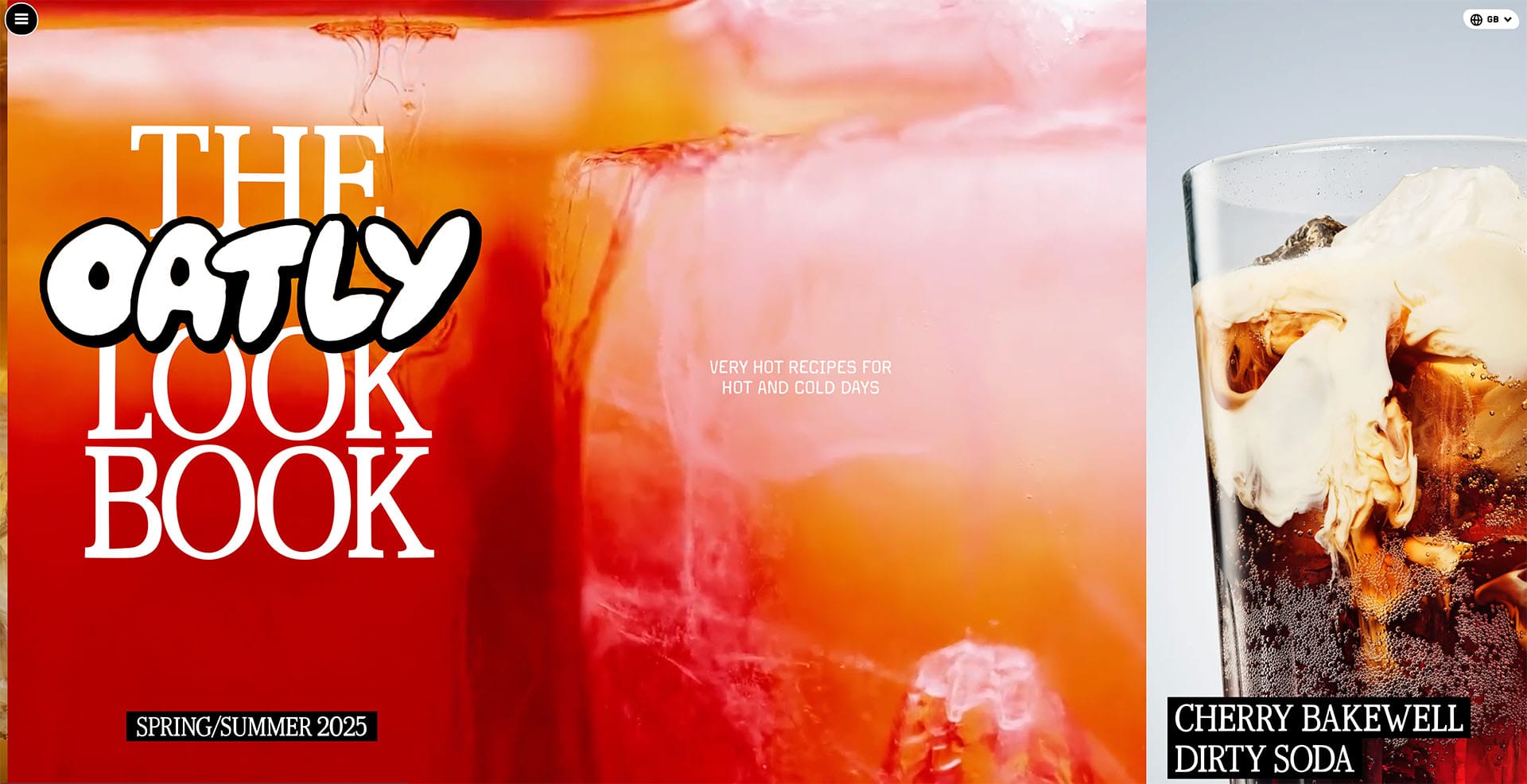
We tend to cover new brand and product launches in the Crit, but categories and brands are not built in a day, a year or even several decades. It takes sustained investment and activation to keep pushing even the most established categories forward, but particularly newer ones who have to work harder to recruit new consumers and take share from the dominant incumbents.
Oatly was the poster child of sustainable foods - showing up in hipster baristas across multiple geographies, championing a future without animal agriculture and making oat lattes the beverage of choice for Gen Z with their rallying cry to ditch milk. This ‘shock and awe’ approach was initially hugely successful, achieving a solid IPO for Oatly and leading the rapid growth of the oat milk category. With great success comes a lot of competition - a rough count of around 15 major oat milk brands in the US today, with many smaller players and an ever-increasing range of plant-based options.
When you have to start competing for market share of the sub-category you’ve built, the time has come to grow the playing field. Oatly needs people drinking oat milk and that means starting to play to the category rules. Namely, ensuring their brand is top of mind when consumers want a milky drink and is strongly associated with the category driver, which (as for nearly all food and beverages) is taste.
So we’re giving a double thumbs up to Oatly’s latest campaign - their 2025 look book - which takes their successful brand alignment with baristas beyond coffee shops, building a distinctive positioning as THE milk beverage to put in your coffee, whetting your appetite with the delicious creations you could be having with Oatly. By creating a lookbook, not just a recipe book, they are showing you how oat milk aligns with your lifestyle. This runway for Oat milk re-stakes their category leadership. They’ve always been a brand that defies convention and they’ve cleverly found a way to play the category rules, but do it their way.
You might notice there’s not a CO2 emissions claim in sight. Great brands are built on emotion, not on rationale and logic. This is an Oatly masterclass in the road to greater penetration for an alternative product - without a hint of alternative in sight. We hope to see more of the same from Oatly.
Wildtype Salmon 👎👎
Beautiful, Bland, and Missing A Backbone
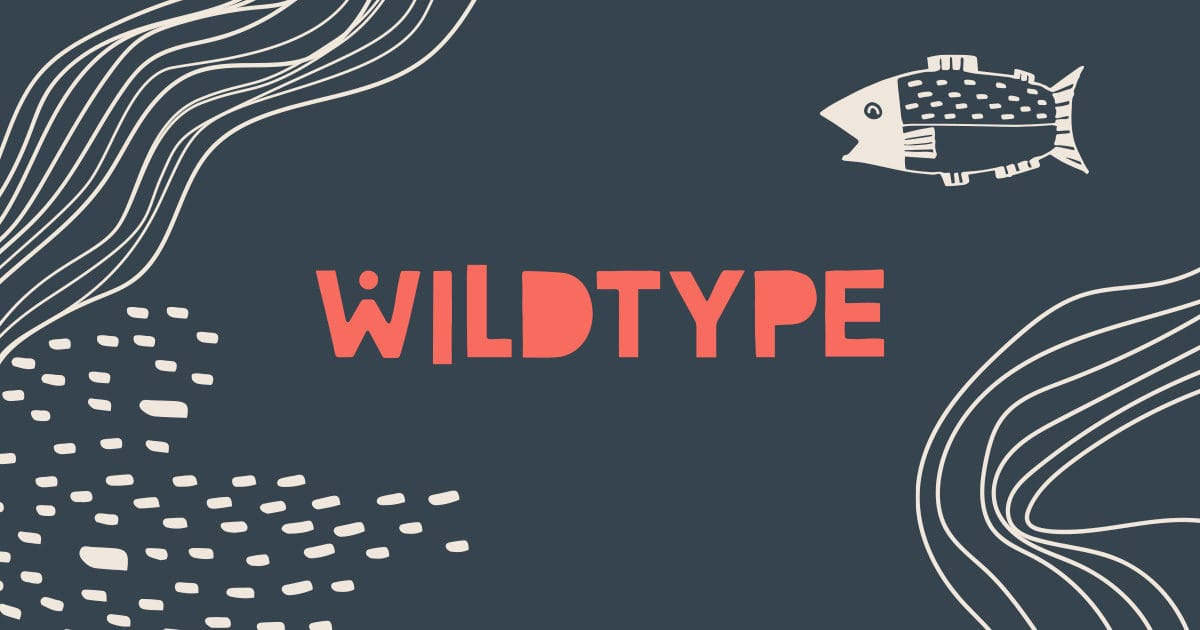
Wildtype wants to change the way we eat seafood. Not by nudging us toward sustainability, but by growing salmon from cells – no oceans, no nets, no mercury. It’s serious science and innovation turned sushi. But you’d never know it from the branding, which leans so hard into artisanal aesthetics of soft corals, fish doodles, and hand-drawn typography you’d think it was a boutique cannery in Portland, not a breakthrough in seafood.
The strategy is showing here: soothe consumers, sidestep “frankenfish” vibes, and frame cultivated fish as familiar. While this may seem clever at first, Wildtype falls into the classic trap of telling us what it isn’t (not farmed, not wild-caught, not weird) rather than what it is. That creates a branding paradox: we’re promised a future of food, but sold something safe and backwards-looking. A mere substitute (probably) charging a price premium.
The logo? Clean but characterless. The messaging? Comforting but vague. The visual language wraps radical science in the aesthetics of an artisanal jam label. The comms whisper about “wild places” and “honoring tradition” when they should be shouting about delivering something pure and precise. Wildtype feels caught in between: not quite disruptive, not quite traditional, just ... polite. Cultivated salmon is here, and people need a reason to believe – beyond pretty pastels and sushi chef testimonials.
Our verdict: nicely crafted, strategically timid. The sooner Wildtype grows a backbone, embraces its newness, and sharpens its design, the sooner it will have a chance of owning the future. Because if you’re turning the world of sushi upside down, maybe don’t look like a kombucha startup.




